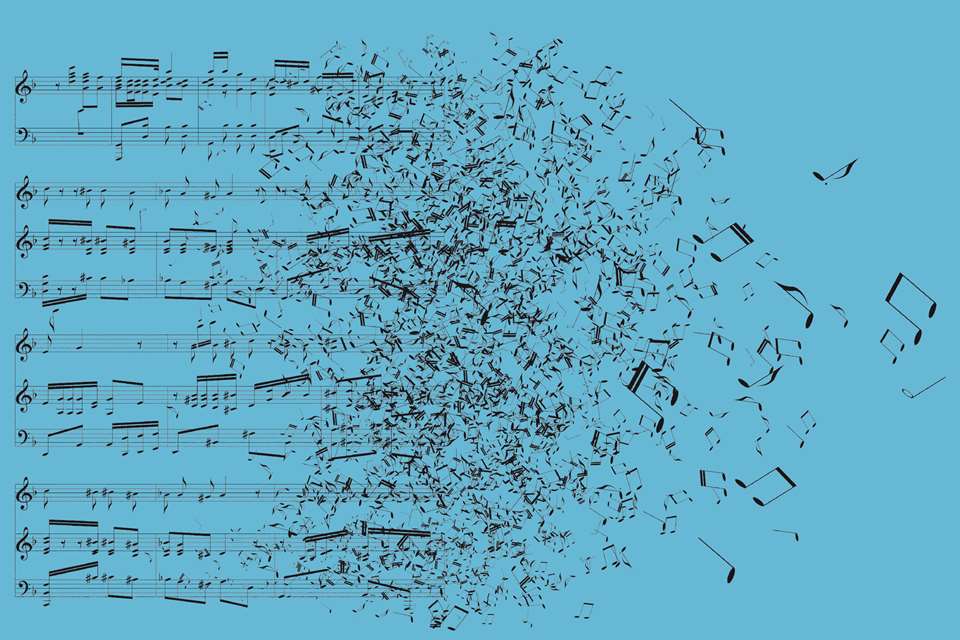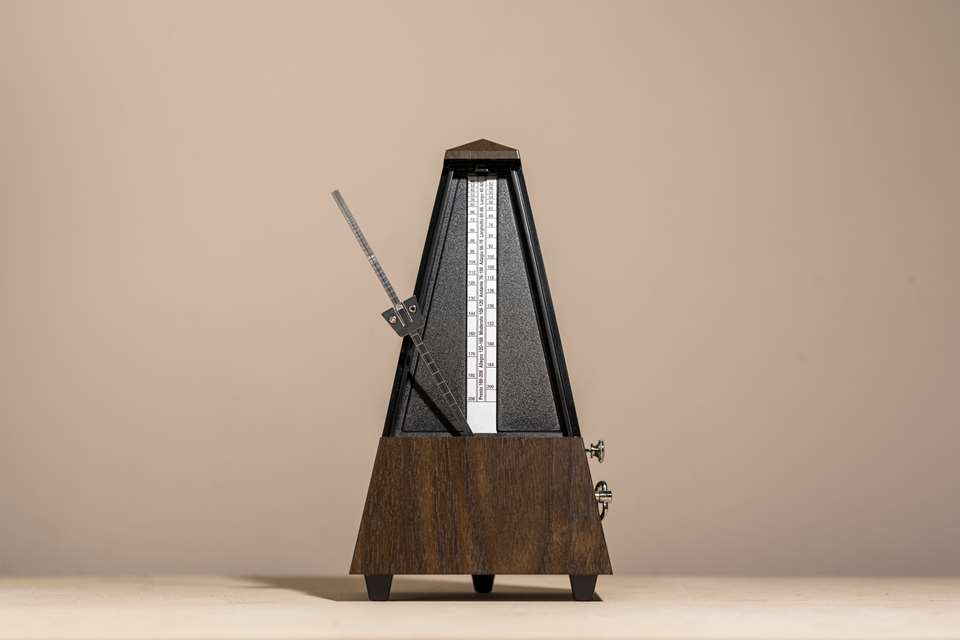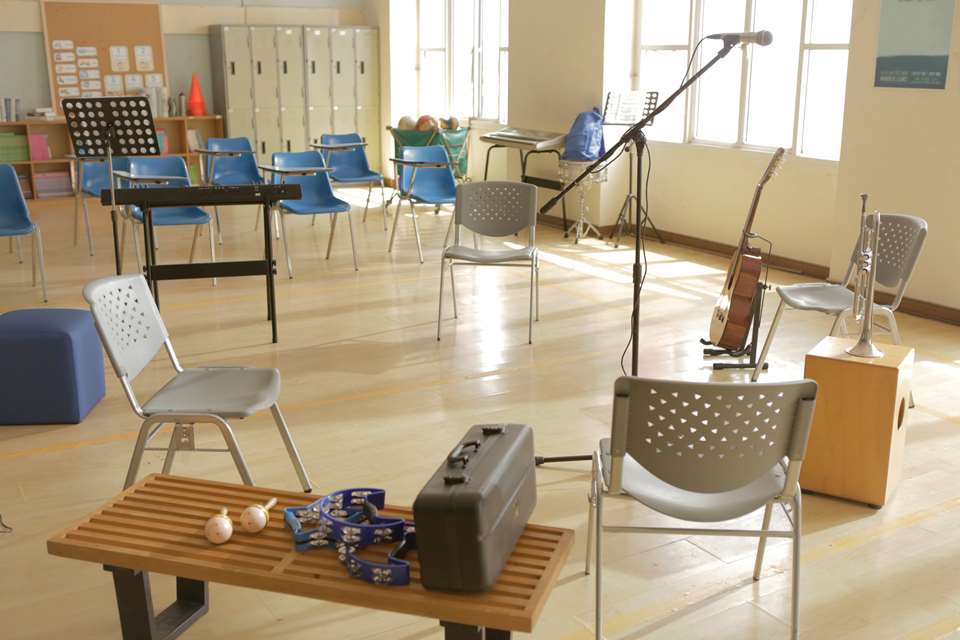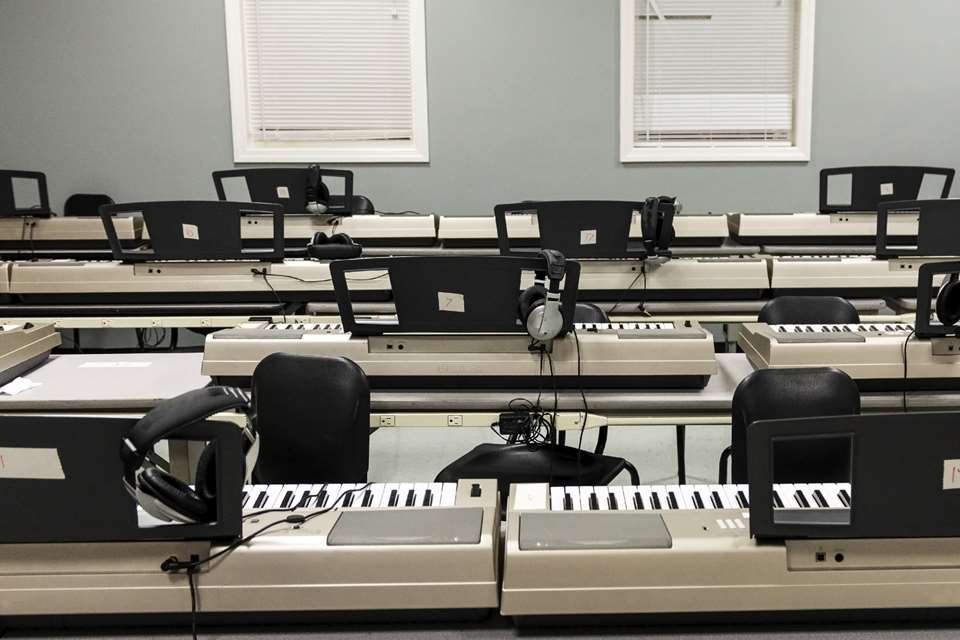Stick to the plan: What are music educators' hopes for the refreshed NPME?
Jimmy Rotheram
Friday, April 1, 2022
As we await publication of the refreshed National Plan for Music Education, Jimmy Rotheram gathers a range of views on what it should contain.

Cagkan/AdobeStock
The first National Plan for Music Education (NPME) – launched by Michael Gove and Ed Vaizey to much fanfare in 2011 – aimed to implement the first eight recommendations of the Henley Review. These were laudable and ambitious aims, which I summarise here: to provide a broad music curriculum including performing, composing, listening, reviewing and evaluating, with singing ‘an important part of school life from early years… to KS3’; to provide instrumental lessons for all children, with clear progression routes; music should be available to all children at Key Stage 4, in the form of BTECs and GCSEs; all children should have the opportunity to perform regularly and experience musical performances; all children should have opportunities to play in ensembles, and receive a combination of classroom teaching, instrumental and vocal music tuition and input from professional musicians.
Readers of this magazine will be all too aware of how far away we are from this goal, more than a decade on. While some elements of this have been successful for some children, some of the time, much of this is still a pipedream for the vast majority of children, teachers, schools and hubs – a long way from Vaizey's hope that ‘every child’ would have these opportunities. Darren Henley's main aims were to provide a clear overarching strategy for the subject, and to ‘eradicate patchiness in provision’. Unfortunately, we still have a picture patchier than a Jack Russell, dressed as a pirate, in a field full of cabbages.
Many other noble aims fizzled out and died. The philosopher Taylor Swift warns us: ‘Just because you made a good plan, doesn't mean that's what's gonna happen.’ How will the success of the new Plan be measured? Who will take on this job? An independent review board was set up to monitor the implementation of the first Plan. Despite some strong early work in supporting the setting up of music hubs, this was soon dissolved. Many primary schools will look blankly when asked about the singing strategy. In Harmony's work (see p.38) produced positive results but was not rolled out successfully en masse, as intended. Perhaps part of the problem is the non-statutory nature of the Plan – a problem its 2022 version will share. It was all too easily avoided.

© MONKEY BUSINESS/ADOBESTOCK
What can the refreshed Plan fix?
Almost every discussion about the major issues in primary music education eventually lands – via EBacc, Progress 8, and Ofsted – on the vital importance of training the workforce (both specialist and generalist) to deliver music well. In Finland, generalist teachers receive 81 to 126 hours of musicianship and pedagogy, and have to show a fairly high standard of musicianship to qualify. Compare this to 17 hours in Australia. If that sounds woeful in comparison, choose your own adjective to describe the two to 10 hours teachers training in the UK receive.
For me, the NPME2 has to prioritise creating a national system to prepare the workforce of the future, allow a range of opportunities for teacher development, and support the existing workforce. At Feversham Primary Academy, we have put five teachers, spread across the Key Stages, through Level 1 qualifications in the Kodály Approach, which equals around 40 to 50 hours of training. As this was partly online, it was cheaper than chips.
The difference this has made to the school is palpable, with ‘non-specialists’ and former ‘non-singers’ developing their musicianship and methodology to deliver music confidently and independently, while also supporting colleagues. This was for an investment of around £1,500. According to Bautista et al. (2022), ‘Online and blended initiatives are cost-efficient and more sustainable than face-to-face initiatives and can provide practitioners with tools to cyclically evaluate, assess, and improve their music pedagogies.’
Writers of the NPME2 could also learn from Lindsay Ibbotson, who has developed a model for First Thing Music, whereby a specialist can work online with schools giving teams of staff weekly tutorials and materials to use in class, then feeding back on their videos of the teachers’ practice in class. It is a scalable and sustainable ‘little and often’ model which gives teachers ownership, confidence and a chance to develop their own skills.
First Thing Music continues to work closely with hubs to empower their staff to support EYFS and KS1 music, addressing the issue of who will train the ‘specialist’ teachers, and making more of the available organisational structures in music education.
Teacher training
I would define a ‘primary music specialist’ as someone well-trained, experienced and qualified in musical pedagogy and development aimed specifically at two- to 11-year-olds. With all respect to music hubs and peripatetic teachers, many instrumental teachers do not match this specific description (I have written elsewhere about this issue). Many hubs and peri teachers are facing financial squeezes and trying to do the best in difficult circumstances.
Chris Walters of the Musicians’ Union recently wrote in this magazine: ‘Maybe you are fully employed and paid fairly for your work; more likely you are self-employed (possibly dubiously) or “just about” employed on a zero-hour contract that leaves you unpaid for travel, breaks, or anything that isn't direct contact time. […] Training is in short supply for you unless you take unpaid time off to attend external courses and events at your own expense. […] There is zero financial leeway in the system, and one of the easiest things to cut has been teachers’ pay and contractual terms. This is not a new phenomenon, but that doesn't make it any more justifiable.’
Dan Somogyi, director of award-winning Music Education Agency in Bournemouth, SoundStorm, fears that the cost of supporting the music curriculum in schools may be prohibitive without significant funding. ‘The budget would need to be doubled for music hubs. Everything is thinly spread at present, and since 2012 – with inflation, academisation and local authority budgets slashed – we've effectively had at least a 35 per cent cut in funding; our instruments are all wearing out and we're heading for a cliff face.’ This means peripatetic teachers may not stick around for too long and might be replaced by someone with a completely different teaching style, affecting long term progression. In addition, providing instrumental lessons is one of a hub's stated ‘core’ responsibilities. Empowering schools to deliver day-to-day curriculum music is secondary to this – in funding, accountability, and therefore in motivation – and this should be looked at.
Somogyi would also like to see the compulsory term of instrumental tuition, which is often siloed in isolation from the music curriculum and school life (‘a term of trumpets in Year 4’), replaced with a more flexible system so that hubs can ‘develop models which really work’ and offer more sustained opportunities. He wants hubs to remain local, as ‘every area has different needs, and a local offer is really important’. Somogyi suggests that one of the reasons for the failure of the first National Plan was that it wasn't linked in any way to the National Curriculum – this was a missed opportunity and should not be repeated. In an ideal world, Somogyi would like to see ‘free, individual, or small group musical instrument tuition reintroduced in England, as has recently been pledged in Scotland’. He adds: ‘This could make a massive difference.’
Specialist specialists?
Policy makers seem to assume that ‘musicians’ are ‘music education specialists’ who know what is best for five-year-olds and younger. Sadly, only a dwindling handful of organisations are able to offer primary music as a specialist PGCE. Rebecca Berkley, associate professor of music education at Reading University, is one such provider. I asked her what the NPME2 could do to improve teacher training.
‘There are three things we need the government to do to give music enough time and space on the initial teacher training (ITT) curriculum for all trainee teachers: firstly, put music into the EBacc so that schools have to offer good GCSE, A Level and BTEC Music provision to all Year 10–13 students, and can also offer good training placements to aspiring secondary music teachers.
‘Secondly, change the Ofsted expectations to include a requirement that all primary trainees should teach a sequence of lessons in every foundation subject, including music – not a one-off lesson or a singing assembly but a well-planned, fully resourced sequence of music lessons with practical music making at its heart. Currently, schools and trainee teachers can all too easily avoid teaching music in their ITT programme without real sanction. And thirdly, work with school networks, ITT providers, music hubs and universities to work out how to train primary teachers to deliver the curriculum in primary schools and make funds available to support this training for trainee teachers and qualified teachers alike.’
However, Dr Elizabeth Stafford is concerned that the new Early Career Framework (ECF) provides little room for additions or amendments, given that new teachers are already facing huge workloads. Nicky Platt of the Education Development Trust, an ECF provider, said in Schoolsweek that a ‘big’ challenge was mentor workload and the ‘sheer bandwidth’ required to engage properly. Tes warned us that a third of headteachers fear that the workload could affect retention rates, one of the issues the ECF was supposed to address.
Another issue with the music teaching workforce is the lack of diversity. Somogyi is not alone in believing that a more diverse curriculum, with other forms of music given the same parity as Western Classical, will result in a more diverse profession and ‘revive recruitment to GCSE and A Level Music’. Nate Holder tells me: ‘I hope that the new National Plan acknowledges the need for increased diversity and representation, both in terms of the music makers and performers suggested, but also in terms of approaches to evaluating, teaching and learning about the world of music. If music education is to stay relevant, the socio-political contexts of the music and the people who make it need to be considered an essential part of a child's musicality. The NPME2 can be a vital tool in helping children understand who they are and how they relate to others around them as we move towards an equitable society.’
Off to the best possible start?
Early years music teachers often feel missed out of a system which seems, to many, to value education more the older a child gets. Zoltan Kodály said that composers of symphonies should call into the kindergarten, for it is here that it is decided whether anyone will be listening to their music in 20 years’ time.
I ask Hilary Lawson, an early years music specialist, what she would like to see in the new Plan: ‘I'd like the NPME to properly recognise – and allocate funding to – the early years. It seems so wrong for those first five crucial years of development not to be taken into account. There is so much amazing work happening to support early childhood musical development, but it is piecemeal and regional, and people have to apply for funding for each individual initiative. How rich would it be if there was a National Plan that both outlined good early years music practice and made it universally available?’

© MAREKPHOTODESIGN.COM/ADOBESTOCK
No one left out?
A plan is judged not just by what it covers, but by what it omits. It seems that there was very little thought given to diversity and inclusion in the first National Plan. Drake Music assures me that the Department for Education (DfE) has been wise enough to consult with them on the NPME2; and hopefully they will listen.
Drake Music is working to empower the workforce with disability awareness in music hubs; again, to enable, support and structure, rather than provide direct provision to schools: ‘We are looking to develop a system of support within each hub to train the next cohort of inclusive practitioners working with Disabled young people. Instead of co-delivering sessions, we are providing support to train up members of the hub workforce. They will take on the mentoring and co-delivery responsibilities once our funding comes to an end. This program is called Train the Trainers.’ Such a system is clearly scalable, but without funding, and without being embedded in teacher training and practice, it will not reach everyone who needs it.
John Kelly, a Drake Music associate musician and practitioner, tells me: ‘I hope to see inclusion at the heart of the eagerly awaited NPME, and that it will encourage support so that inclusive practice is a reality in all music education settings. From my own practice, I acknowledge that we are on a journey around inclusion and we are at different stages in understanding. The NPME has a really important role to play in ensuring that issues of equality and inclusion are at the forefront of how we deliver music education. I also hope that the voices and experiences of Disabled people as practitioners and leaders are listened to and included within plans. “All means all” and “Nothing about us without us” have never been such important principles than at this time.’
Ofsted can hold schools to high musical standards in deep dives, but without support in the shape of funding, training, development and infrastructure, nothing will change drastically. Without scalable ways of supporting schools in developing good practice, music education in England will continue to disappoint those with high expectations for all children. Many schools, despite their best intentions, will continue to struggle to provide all children with an outstanding music education, unless some radical steps are taken. More of the same won't work. A system which leaves out so many younger children is not providing strong foundations for the future.
With a recession, inflation, Brexit, fuel prices, Covid and Putin all taking their toll on the economy, NPME2 could become another series of pipedreams, like asking schools to provide fine dining without enough kitchens, chefs, ingredients, recipe books, or any incentive to cook. The other danger is that without a sea-change in how we approach music in schools, no matter how much money is thrown at the problem, very little will change. The first NPME showed us that there is a big gap between noble goals and the reality of mice and men. To paraphrase Napoleon Hill, it's no use planning your work if you don't work your plan. Perhaps the final word should come from Antoine de Saint-Exupéry: ‘A goal without a plan is just a wish’. Here's wishing for a good plan!






